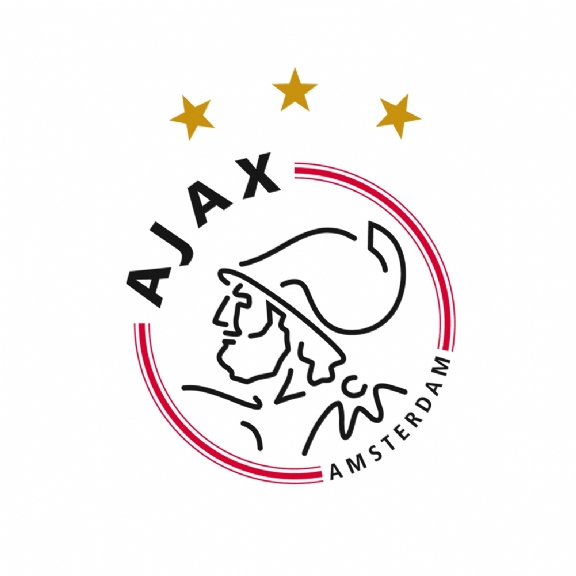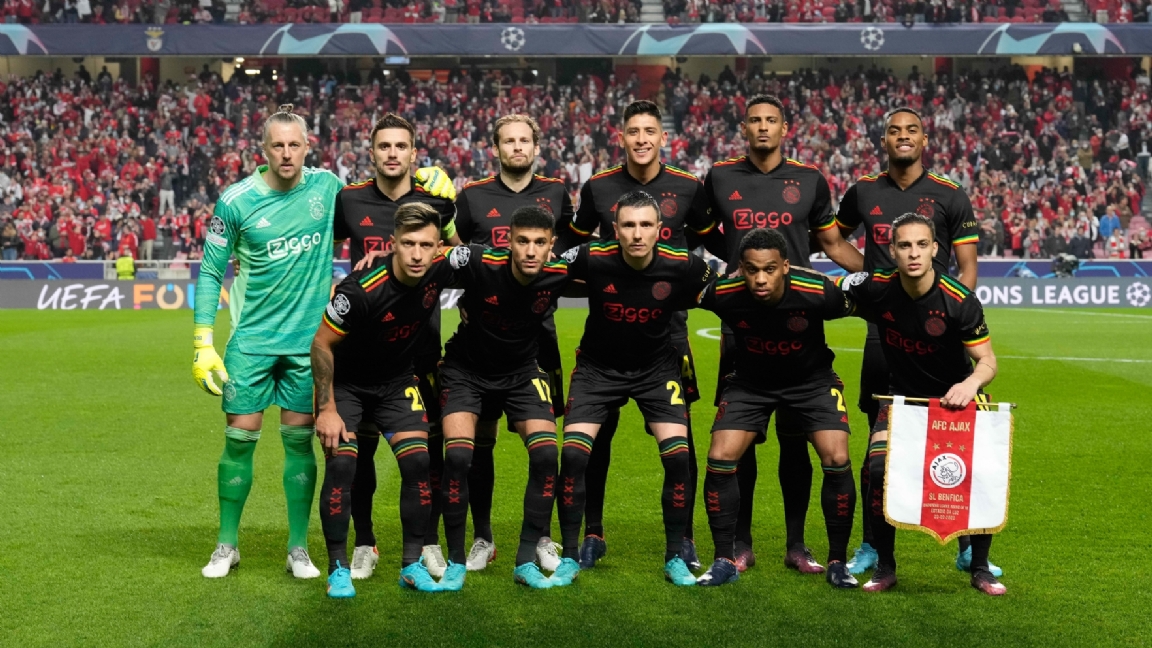

UEFA will approve the new regulations in the Champions League on Thursday. The largest European club tournament will change completely from the 2024/25 season and expand from 32 to 36 participants. One of the most striking changes is the two so-called ‘historic’ tickets, which serve as a kind of ‘insurance policy’ for top clubs that fail to qualify through the competition. Ajax would also compete for those starting places with its current ranking, and could qualify for a possible second place in the Eredivisie.
In the current format, the 32 participants who manage to reach the group stage of the Champions League will be divided into 8 groups of 4 clubs, but that will be a thing of the past from 2024. The tournament then continues in a different form of competition, the so-called Swiss model, which is also widely used in the mind sport. It means that all 36 participants will end up in the same giant pool, but not all will play against each other. Each participant is guaranteed ten matches in the group stage, four more than in the current system. Who will play which club is calculated using a rather complicated system, the Swiss model. The extra duels will immediately result in a gigantic increase in the starting premiums in the tournament in two years’ time.
So there will be a total of four extra tickets, which UEFA will distribute as follows: the fifth league in the ranking, currently France, will receive the first. As a result, the number three of the fifth country will also be handed a group stage ticket, where that now provides a place in the preliminary round. The second ticket goes to the preliminary round route for non-champions, in which the number two in the Eredivisie also participates annually. At the moment, only two tickets can be distributed via that very difficult route, in which PSV stumbled over Benfica this season.
The five-year UEFA club ranking
| CLUB | COEFFICIENT |
|---|---|
| 1. Bayern Munich | 95,000 |
| 2. Manchester City | 130,000 |
| 3. Liverpool | 127,000 |
| 4. Chelsea | 121,000> |
| 5. Real Madrid | 118,000 |
| 6. Barcelona | 113,000 |
| 7. Paris Saint Germain | 112,000 |
| 8. Juventus | 107,000 |
| 9. Manchester United | 105,000 |
| 10. Atletico Madrid | 104,000 |
| 11. AS Roma | 91,000 |
| 11. Seville | 91,000 |
| 13. Tottenham Hotspur | 83,000 |
| 14. Ajax | 82,500 |
| 15. FC Porto | 80,000 |
| 15. Arsenal | 80,000 |
| 17. Borussia Dortmund | 78,000 |
| 18. RB Leipzig | 77,000 |
| 19. Villarreal | 74,000 |
| 20. Olympique Lyon | 76,000 |
The two ‘historic’ tickets
The last extra two tickets to be awarded by UEFA are the most controversial. So they go to the two clubs with the highest coefficient that do not qualify for the Champions League through the competition. Today, European super clubs can hardly afford to miss the sky-high prize money for a season and have therefore forced this ‘insurance policy’ from UEFA. There is an extra condition: a club is only eligible if it finishes in the competition in a place directly below the places that do yield group stage tickets for the tournament, or directly below the next team that also receives a ‘historic’ ticket.
In concrete terms, this could mean that a Dutch club claims a historic ticket for a second place in the Eredivisie. This requires a very good coefficient, at the moment only Ajax has. The team from Amsterdam currently occupies 14th place in the five-year ranking and – if the system had already been introduced – would therefore receive a ticket if at least thirteen teams above Ajax qualify through the competition.
At the moment Manchester United (no. 9 on UEFA ranking) and AS Roma (11) are the highest placed clubs that do not have a group stage ticket in their current place in the competition, after that Ajax would come (although the team from Amsterdam is of course at the top in the Eredivisie). Because United is seventh in the Premier League, the English would not qualify for the arrangement: place five in England is required for that. AS Roma is fifth in Italy and would therefore claim the first ticket. Should Ajax fall to second place in the Eredivisie in the current scenario, the second ‘historic’ ticket would go to Amsterdam.